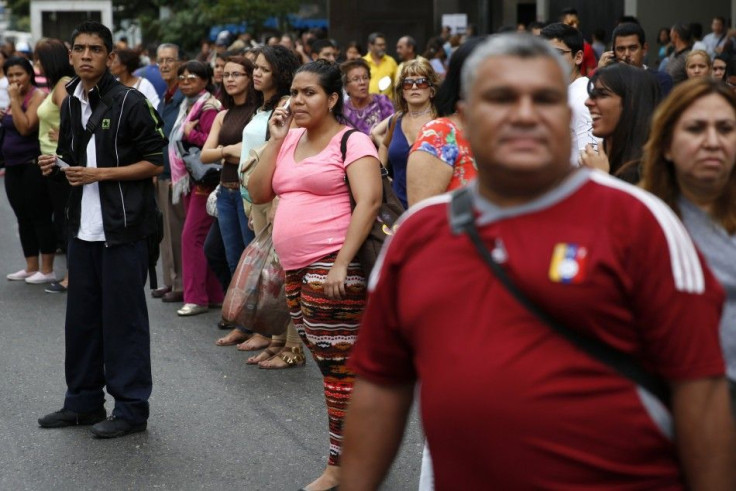People Would Rather Shock Themselves Than Be Left Alone, Shows Study

A study published in Science by a team at the University of Virginia showed that people would rather shock themselves than be left alone. The study was led by psychologist Timothy Wilson.
The first study involved undergraduate students and community members who were asked to sit alone in a room for a "thinking period" of six to fifteen minutes. Some of the people were asked to think about one particular thing, whereas the others were given no such prompts.
The participants were asked to rate their experience on a scale of nine at the end of the experiment. Many of the participants found the experiment boring, while half of them found it an unpleasant experience.
Wilson told Science, "We went into this thinking it wouldn't be that hard for people to entertain themselves. We have this huge brain and it's stuffed full of pleasant memories, and we have the ability to construct fantasies and stories. We really thought this was something people would like."
Another step was added by the scientists wherein a button in the room would deliver an electric shock when pressed. The experiment was repeated with this addition of the button. Initially, the participants said they'd rather pay money than be given the electric shock. At the end of the experiment, 67 per cent of the men and 25 per cent of the women chose electric shocks to pass time.
Wilson said, "I think [our] mind is built to engage in the world. So when we don't give it anything to focus on, it's kind of hard to know what to do. Those of us who enjoy some down time to just think likely find the results of this study surprising - I certainly do - but our study participants consistently demonstrated that they would rather have something to do than to have nothing other than their thoughts for even a fairly brief period of time."
Matthew Killingsworth, a psychologist at the University of California, who commented that his own work had suggested similar results, said that he was really excited to see the paper and that people who spend time thinking are marked less happy.





















